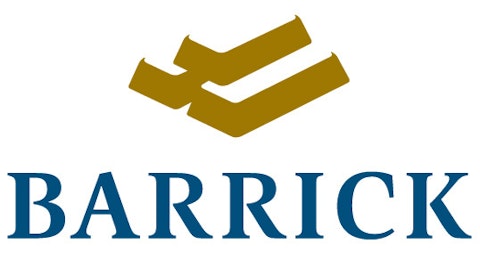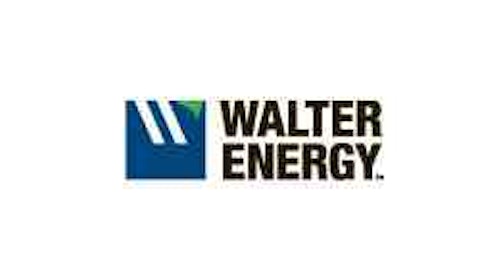Australia’s new Prime Minister Tony Abbott is a friend of miners, but will his new policies scratch the surface?
Don’t expect any new green initiatives from the once tree-hugging Australia. For the first time in six years the country will be run by a conservative, Tony Abbott, who has called the science behind climate change “absolute crap.” Running on a combination of populist and right-wing platforms, the Prime Minister-elect has vowed to eliminate Australia’s taxes on carbon emissions, as well as a number of taxes his predecessors put on the nation’s wealthy mining industry. While the country’s new leader will face an uphill battle getting laws through the nation’s senate, where the Liberal and Green parties still hold more sway, he is already planning on instituting new reforms on his very first day.
Companies working with raw materials in Australia should welcome the news. They’ve reaped massive profits on the back of China’s ascendance as a global power, as the ensuing building-boom created a new demand for Australian raw goods. However, growth in the sector has started to slow. While China’s (relatively) lagging growth is undoubtedly a factor in now-shrinking Australian profits, Abbot and his allies believe the opposition Labor policies are to blame. He proclaimed that the country is once again “open for business” but many are skeptical about the feasibility of his agenda.
Many of Abbott’s most vocal opponents are critical of his relatively isolationist policies. In a move which some call populist, Abbott has criticized an influx of asylum seekers arriving on boats from Indonesia and Korea. Abbott plans to use the navy to begin turning away these refugees, and has planned trips to Indonesia with the goal of reducing the pace of immigration. Another of his policy ideas would involve deep cuts to Australian’s foreign aid to other countries in the Pacific.
While Abbott has pledged to use additional funds to improve infrastructure and public works, critics point to an extremely limited record of accomplishment in the legislature, where his nick-name was “Dr. No,” as a sign that he is better at criticizing policies than actually coming up with them. Regardless of his image, Tony Abbott’s elevation to Prime Minister will certainly impact those companies heavily invested in Australia’s raw goods market.
Click on the interactive chart to view analyst ratings of these raw material stocks.
Will the new PM bolster these makers of raw materials? Use the interactive charts below to begin your own analysis.
1. Alumina Limited (ADR) (NYSE:AWC) (AWC, Earnings, Analysts, Financials): Engages in the bauxite mining, alumina refining, and aluminum smelting businesses. Market cap at $2.5B, most recent closing price at $3.69.
2. BHP Billiton Limited (ADR) (NYSE:BHP) (BHP, Earnings, Analysts, Financials): Operates as a diversified natural resources company worldwide. Market cap at $172.81B, most recent closing price at $64.93.
3. InterOil Corporation (USA) (NYSE:IOC) (IOC, Earnings, Analysts, Financials): Engages in the exploration, appraisal, and development of crude oil and natural gas properties in Papua New Guinea. Market cap at $3.48B, most recent closing price at $71.50.
4. Rio Tinto plc (ADR) (NYSE:RIO) (RIO, Earnings, Analysts, Financials): Engages in finding, mining, and processing mineral resources. Market cap at $88.87B, most recent closing price at $48.11.
(List compiled by James Dennin. Analyst ratings sourced from Zacks Investment Research, all other data sourced from Finviz.)





